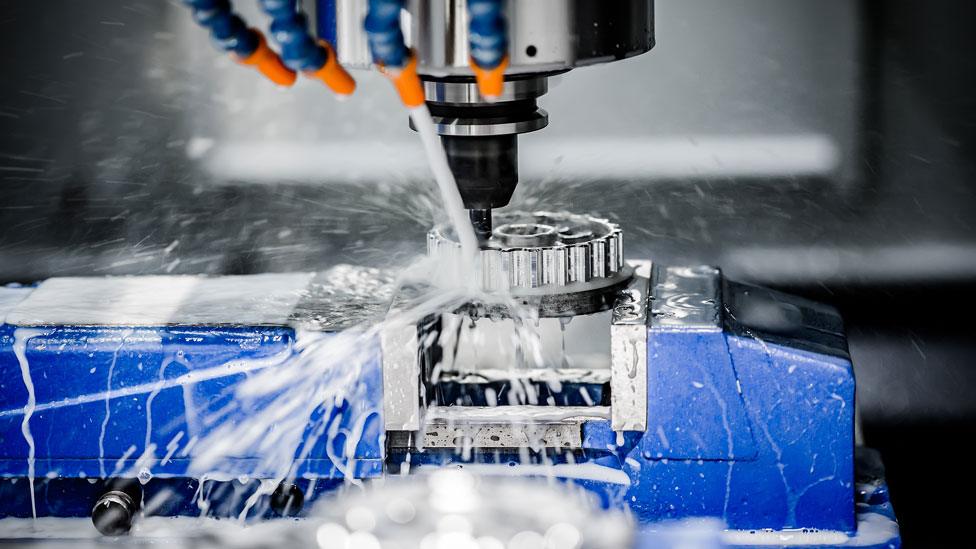Article 50: What to look out for in Wales
- Published
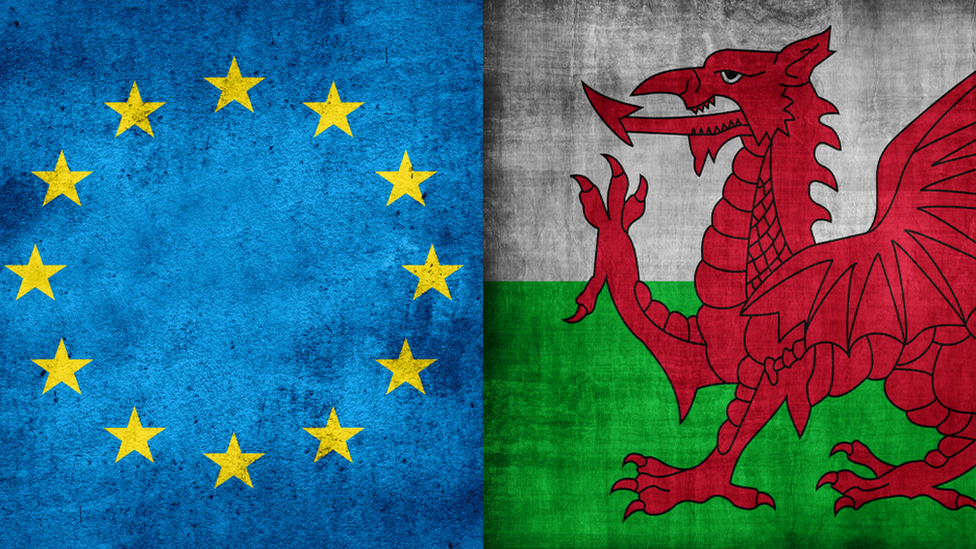
Prime Minister Theresa May has officially notified the European Union on Wednesday that the UK is leaving.
Under the Article 50 process, talks on the terms of exit and future relations will begin and are expected to take two years.
But what should we in Wales look out for during this process? BBC Wales' correspondents have some suggestions.

AGRICULTURE AND ENVIRONMENT - Steffan Messenger
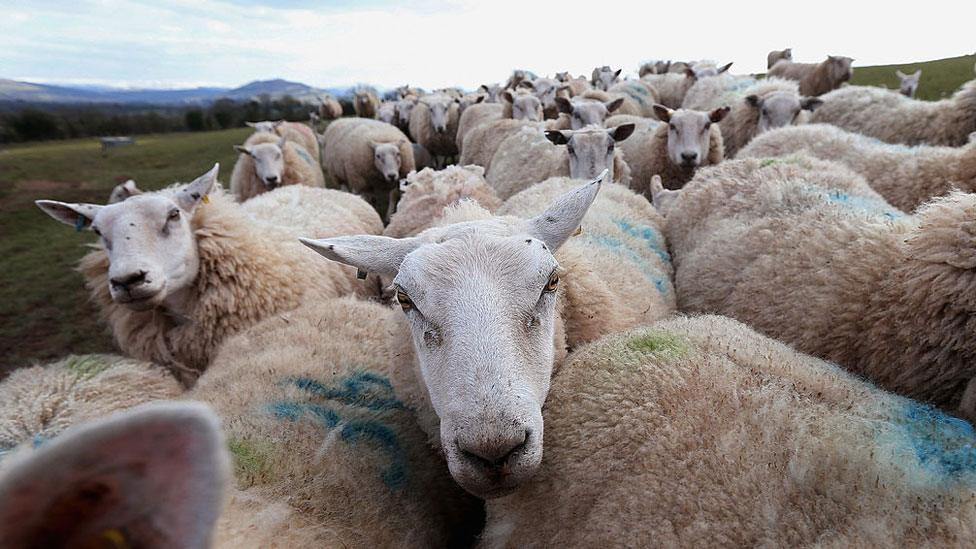
For Wales' farmers, much will depend on getting the right trade deal.
With 90% of Welsh agricultural produce currently exported to the EU, farming leaders want unfettered access to the major market on their doorstep.
Talk of new agreements with New Zealand, the US and elsewhere is prompting talk of foreign meat flooding supermarket shelves and fears that current high production standards could be undermined.
After decades of abiding by the EU's Common Agricultural Policy (CAP), the chance to rewrite the rule book is an exciting prospect for many.
But big questions remain about whether it is the Welsh Government or Westminster who will take charge.
There are questions too about whether they will continue to subsidise farmers.
For many in Wales, the payments they receive from Brussels are the difference between making a profit or loss, accounting for 81% of Welsh farms' income in 2014-15.
When it comes to the environment, virtually all the laws which protect wildlife and water quality, and which tackle air pollution and climate change, have their roots in Brussels.
Any plans to change environmental protections will be watched closely by those on both sides of the Brexit divide.
Ken Austins, a breeder of pedigree Welsh pigs in Reynoldston, Gower voted for Brexit.

BUSINESS AND ECONOMICS - Brian Meechan and Sarah Dickins
Wales has had significant amounts of EU cash to grow its economy, generate jobs and improve living standards.
It has been spent on a wide range of initiatives in west Wales and the valleys, including road and port improvements and schemes to strengthen communities and support childcare.
There is also a separate programme to develop rural areas.
Many Welsh Government projects to improve people's skills have also been part-funded by the EU. They include Jobs Growth Wales, ReAct, Go Wales, and an apprenticeship programme.
Whether similar schemes will continue after Brexit will depend on UK and Welsh government policies in the future.
There is also the question of whether EU nationals working here will be allowed to stay, whether others will be allowed into the UK after Brexit, and if not, how skills will be developed within the UK labour pool to replace them.
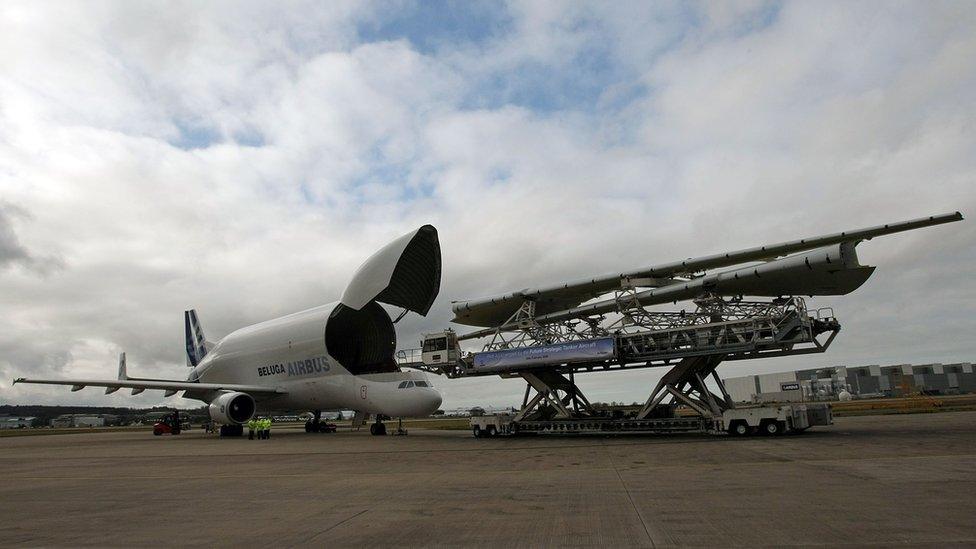
Airbus, which makes wings in Flintshire, wants to ensure workers will face no hold ups
Because of the single market, Wales has been an attractive place for overseas companies to make products to sell across Europe, for example Japanese firms making TVs and computers.
If the UK is no longer part of the single market, new agreements on tariffs and regulations will be needed, which may influence business decisions on investment.
There are also firms whose ownership crosses several EU states, such as Airbus, which manufactures plane wings in Flintshire and transports them to Toulouse in France for assembly.
Airbus is concerned about its ability to put staff on a plane in the UK and have them working in Toulouse the next day.
The UK government has indicated it will try to negotiate special arrangements for key sectors.
On tariffs, Theresa May has already said she will not accept the customs union in its current form when the UK leaves as it limits trade deals with non-EU countries.
Businesses will want to know what this means for trade.
The EU is currently our biggest market - 67% of Welsh exports go to the European Union. Some Welsh firms are already looking at opening offices in the EU.
However there are also opportunities for new trade deals with the likes of the US, China and India.
Welsh productivity is about 30% lower than the rest of the UK's, which itself lags behind competitors including France and Germany.
More investment in roads and rail might make the country more productive. The South Wales Metro is part-funded by the EU and First Minister Carwyn Jones has said without that money, it could take longer to deliver the project.
Karen John of Glasstech in Swansea Docks says Brexit brings uncertainty

EDUCATION - Colette Hume
International students are big business for Welsh universities and there are concerns about the impact of leaving the EU on the number choosing to study in Wales.
According to the universities admission service Ucas the number of EU applicants choosing to study in the UK decreased by 7% this year.
Universities say it is still to soon to fully understand the implications of leaving the EU in terms of research and development.
But with so many projects supported by EU cash it seems improbable that institutions will not be affected - then of course there is the issue of brain drain.
Will internationally renowned academics based in Wales choose to take their skills elsewhere when EU funding runs out?

HEALTH AND SOCIAL CARE - Owain Clarke
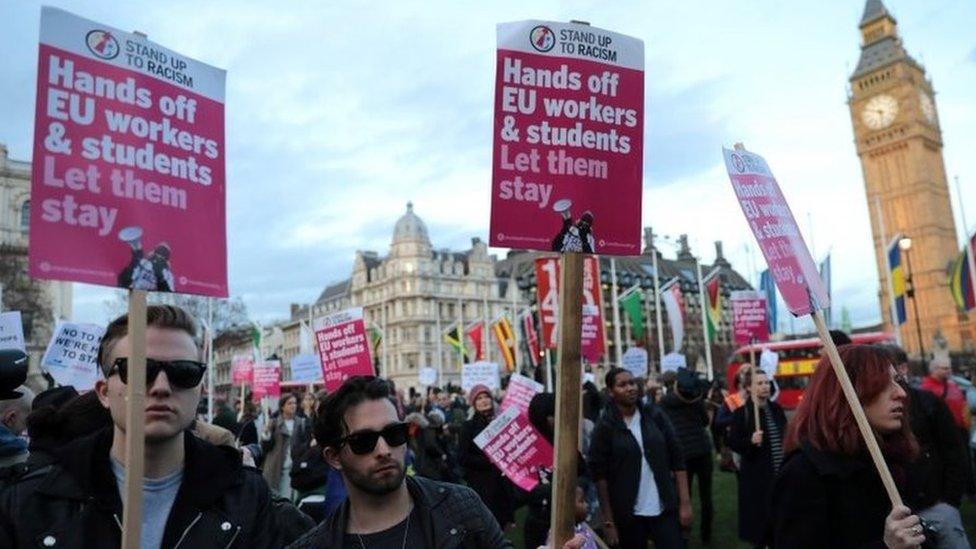
Protestors calling for EU workers to be allowed to stay
Official data suggests about 6% of doctors working in Wales qualified in another EU country, external and there are recruitment problems in certain parts of Wales and in some specialist areas.
The UK government would need to clarify its intentions on the ability of EU nationals to work in the health and care sectors.
There will be questions too about access to healthcare for EU citizens living here, and for Welsh people living in EU countries, and what the arrangements will be for tourists who currently use the European Health Insurance Card to get treatment when on holiday.
Like in the rest of the UK, Welsh NHS workers will be keeping an eye on what happens to the working time directive because of the possible impact on their rotas, pay and contracts.
In addition there will be pros and cons to any changes in the regulation of medicines and clinical trials.
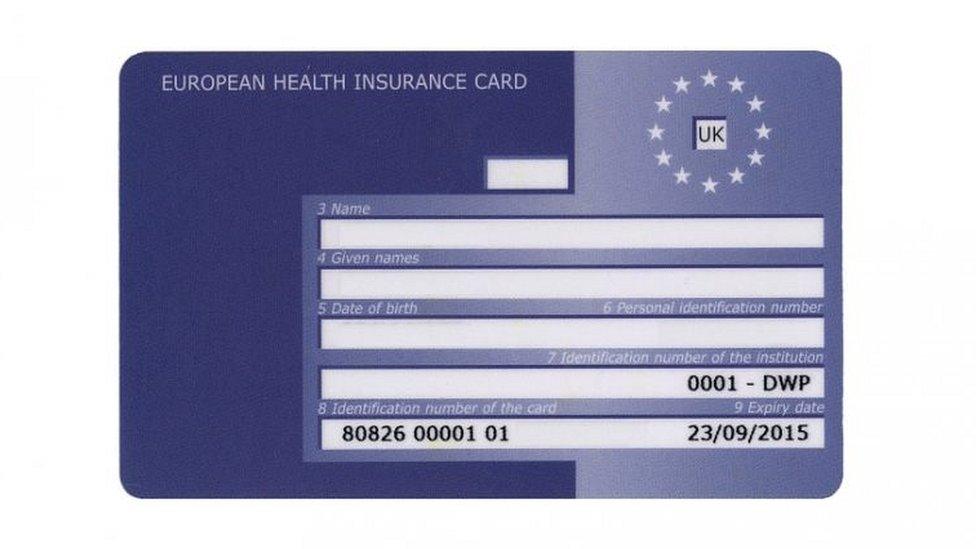
Reciprocal arrangements for healthcare exist at the moment

CULTURE - Huw Thomas

WNO's In Parenthesis, commemorating the centenary of the Battle of Mametz Wood, was streamed across Europe via The Opera Platform
The former chairman of Welsh National Opera and prominent Remain campaigner, Geraint Talfan Davies, has suggested that at least £2.3m in European funding was due to be spent on Welsh cultural projects by 2020., external
But Mr Davies, also a former controller of BBC Wales and chairman of the Arts Council, said it was harder to quantify other benefits such as the money made available to international consortia, and initiatives such as the EU Capital of Culture.
He argues that the focus during Brexit negotiations should be on "retaining UK participation in the EU's cultural programmes, for artistic as much as financial reasons".
Anecdotally, some parts of the creative industries are already benefiting from a Brexit boost. I'm told the weaker pound has helped exports, and encouraged deals with foreign buyers, in areas such as film and animation.
But unrestricted access to existing trading partners in the European Union, and minimal travel restrictions on touring companies and individual performers, are prominent items on the wish-list from Wales' cultural and creative community.
- Published29 March 2017
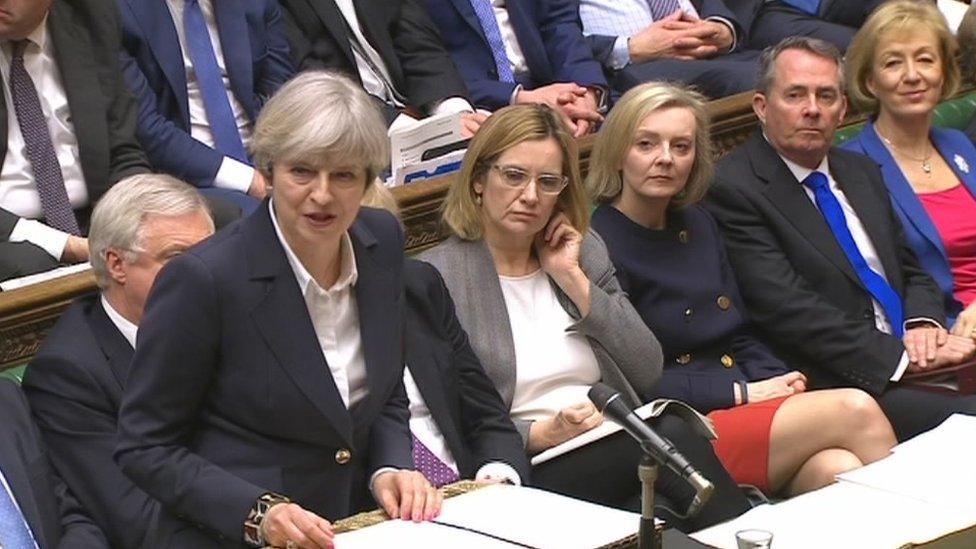
- Published29 March 2017

- Published29 March 2017
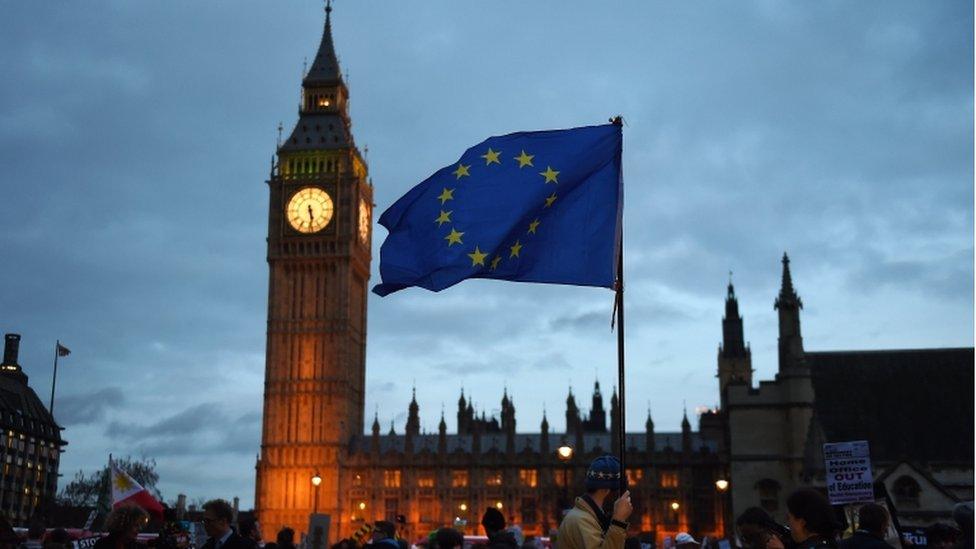
- Published30 December 2020

- Published24 June 2016
